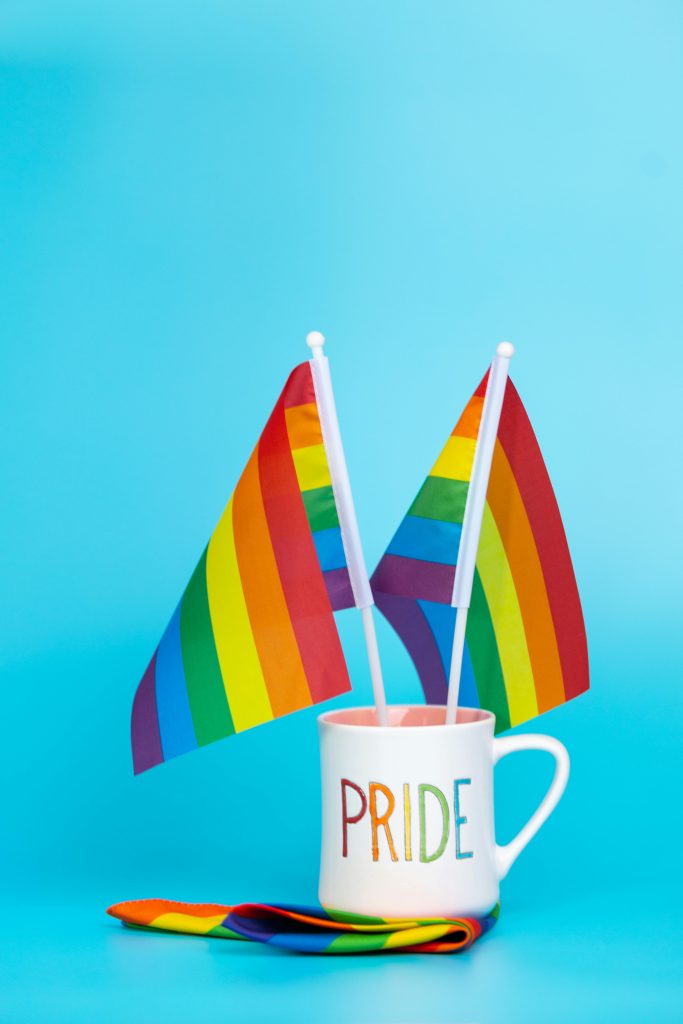Last week, we were fortunate to have an engagement with Feminist Conversations in Kenya (FCK). The theme of the engagement was Digital surveillance.
Before delving into the details of the phenomenon, we started off, by watching a documentary from BBC Africa, exploring the reality of digital surveillance of queer folk in Nigeria. The documentary showcased the alarming reality of blackmailing queer Nigerians, highlighting a term that has become synonymous with such crimes – KITO. The prevalence of these crimes has reached such an extent that a dedicated page, Kito Diaries, has been established to document and raise awareness. The anti-gay laws in Nigeria only serve to encourage these criminals, creating an environment where reporting such incidents becomes a hopeless venture, with the police often becoming complicit or engaging in further extortion.
The documentary, now six months old, shed light on the frequency of cases, with incidents being celebrated rather than condemned by the general public. The toll on victims extends beyond financial extortion to physical assault, and the mental burden is often unbearable. Shockingly, some law enforcement officers themselves are implicated in the KITO crimes, further eroding trust in authorities.
The situation in Nigeria bears a lot of similarities with our own realities right here, with queer Kenyans experiencing a lot of hate online. The discussion pivoted to digital surveillance, with the team reflecting on the meaning and implications of this term. Answers ranged from monitoring to “kuchunguzwa” (investigation). The team grappled with how careful one can be in an era where online harassment is pervasive.
Members shared personal stories of online harassment across various social media platforms, triggering pain and anger among the team. The assertion that queerness is “un-African” added fuel to the fire, leading to a collective realisation that being cautious is not always enough. The need to share experiences, advances, and information safely became a central theme of the discussion.
In the face of these challenges, the team emphasized the importance of using online platforms for education. However, the intersectionality of the community, including queer sex workers, posed difficulties in swiftly addressing issues. The consensus was that trust and support within the community are vital to combatting interpersonal violence.
As a commitment to accountability and community building, the team decided to have accountability partners. Recognizing that community building is a lengthy process, the forum acknowledged the need for patience and continuous effort. To combat the banning of queer-related content on platforms like WhatsApp, the team identified a need for proper training in IT and hacking. Practical steps included using the DuckDuckGo browser and Proton VPN for enhanced online privacy and security.
The forum not only shed light on the distressing reality of digital surveillance in Kenya and the broader African continent but also exposed us to the gaps related to properly protecting oneself from online gender-based violence. The challenges are significant, but the commitment to education, awareness, and community support stands as a powerful testament to the strength of those fighting against digital oppression. In a world that is increasingly connected, this forum serves as a reminder of the importance of fostering a safe and secure digital space for all.

